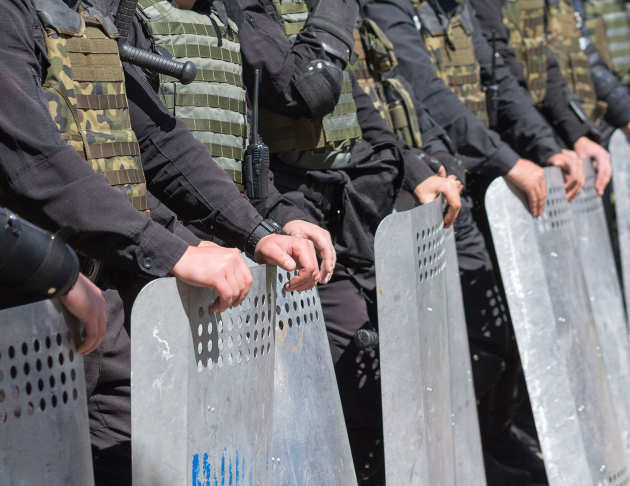Links to Off site Contact records form
Search under the Risk assessment forms tab for more forms
Offsite meetings and conferences usually present no significant health and safety risks from the meeting or conference itself. However, there may be health or security risks that need to be addressed arising from the location. The basic health and safety requirements for travel to meetings or conferences are:
Emergency contact information: If you are attending a meeting or conference abroad you must leave information with your department on your expected date of return and how you can be contacted when away.
Health advice and clearance: Contact the College Occupational Health Service for advice on vaccinations and other travel health advice. If travelling to a tropical country (e.g. sub-Saharan Africa, south-east Asia, and Oceania, central or northern South America) you must obtain health clearance from the College Occupational Health Service before travelling.
Security: If travelling abroad, the Foreign and Commonwealth Office (FCO) travel advice page, the College Insurance webpage listing disturbed regions and the College Insurers Security Advisors pages for the countries or regions to be visited must be checked for security advice. If visiting potential 'hotspots', you may be required to complete a more detailed risk assessment and obtain additional consents for travel. The checking process should continue right up to the day of travel, since it is possible that the situation may change quickly.
Risk assessment: A documented risk assessment and OWERP is not usually required for attending a meeting or conference unless:
⦁ The FCO advises against travel to the country or region.
⦁ The FCO advises that there are significant security risks from your intended means of transport at your destination.
⦁ Your chosen destination in on the College Insurers list of disturbed regions.
⦁ The country or region is listed by the College risk advisors as high or extreme political risk or high or extreme security threat.
⦁ The trip will involve staying in non-standard accommodation e.g. other than hotels, conference venues, and colleague’s home.
⦁ You intend to undertake potentially hazardous work related activities during your trip. These are listed in the FW1 risk assessment in red and in appendix 4 of this document.
⦁ Fieldwork.
⦁ The PI or HoD considers it necessary.
Case study- Civil unrest
A College postdoctoral researcher SN, was attending a conference in Kinshasa as well as conducting some other meetings. At the same time the incumbent president of the DRC was attempting to extend his political tenure, a move which was being vigorously denounced by his political opponents. The day before SN’s date of departure to the UK she became aware of growing civil unrest and violent clashes with security forces. There was an overnight curfew and the morning of the flight seemed quiet. SN sought local advice and left her hotel for the Ministry of Health for a meeting. Again during the day the security situation quickly deteriorated and SN left the MoH and sought refuge in the WHO secure compound in Kinshasa. In the early evening once the violence subsided she was provided with an armed security guard who escorted her to the airport where she boarded her flight. There was a risk assessment but no formal OWERP or security plan. SN did not contact the College Insurers emergency help number for assistance. SN survived unharmed by a combination of common sense, experience, good local advice and some luck. A detailed emergency response plan would have taken some of the element of luck out of the situation.
There was an overnight curfew and the morning of the flight seemed quiet. SN sought local advice and left her hotel for the Ministry of Health for a meeting. Again during the day the security situation quickly deteriorated and SN left the MoH and sought refuge in the WHO secure compound in Kinshasa. In the early evening once the violence subsided she was provided with an armed security guard who escorted her to the airport where she boarded her flight. There was a risk assessment but no formal OWERP or security plan. SN did not contact the College Insurers emergency help number for assistance. SN survived unharmed by a combination of common sense, experience, good local advice and some luck. A detailed emergency response plan would have taken some of the element of luck out of the situation.
Conclusions
The conference activity was low risk but the location was volatile. A full risk assessment and OWERP would have been appropriate to the situation.